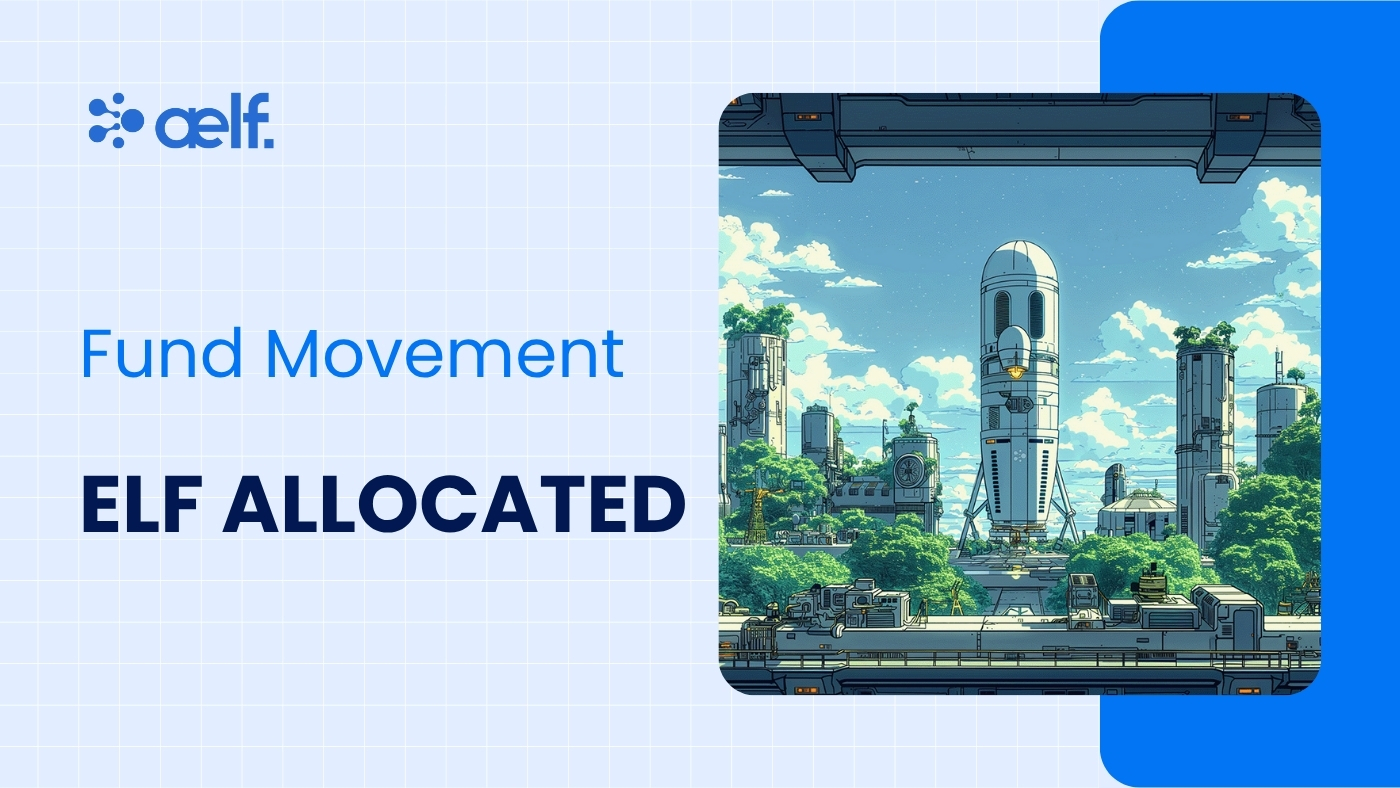GitHub Copilot Evolves Into a Fully-Fledged AI Agent
GitHub has taken a major step forward in AI-powered software development by introducing Copilot Agent, an enhanced version of its coding assistant that moves beyond simple code suggestions to autonomously completing entire coding tasks.
Powered by multiple AI models—including OpenAI, Anthropic, and Google's Gemini—Copilot Agent can break down high-level user requests into smaller coding steps, executing complex workflows that include database creation, API implementations, and even software configuration adjustments. The agent also incorporates safety mechanisms, ensuring developers confirm potentially sensitive commands before execution.
However, as much as GitHub benefits from its deep integration into the developer ecosystem, it is not without competition. New players like Cursor AI and Windsurf are hot on its heels, offering features like real-time code modifications and deeper automation capabilities, with Web3 AI technology.
AI coding assistants are no longer just passive helpers but proactive agents capable of building, debugging, and optimising software with minimal human intervention. As they become the backbone of modern development workflows, the question is no longer whether coding assistants will take on greater responsibilities—but how much control we should hand over to them.
AIvalanche DeFAI Agents Merge AI with Web3—But Can It Deliver?
The AI and Web3 fusion has long been billed as the future of digital ownership and automation, but practical applications have remained sparse. Now, AIvalanche DeFAI Agents (AVAXAI) is attempting to bridge this gap by launching the first DeepSeek-powered decentralised AI (DeFAI) product on the Avalanche blockchain.
AIvalanche's idea is to enable co-ownership mechanisms where users create, trade, and monetise tokenised AI agents, all while leveraging Avalanche’s efficient, low-cost infrastructure.
The platform has garnered backing from key figures in the Avalanche ecosystem and is currently holding a public sale across multiple Web3 launchpads, with plans for listings on centralised exchanges such as Gate.io and MEXC.
Yet, for all its promise, AIvalanche is entering uncharted territory. Previous attempts to fuse AI and blockchain have faltered due to scalability issues, adoption barriers, and questions of actual utility. Moreover, DeepSeek, the AI model powering AIvalanche, has raised security concerns internationally, with Australia banning its use on government devices. While the platform claims to offer decentralised transparency, it remains unclear whether this model can overcome scepticism around AI’s role in blockchain ecosystems.
Ethereum’s Struggles Grow as Bitcoin Leaves It Behind—Can ETH Recover?
Ethereum saw one of its biggest declines in the past week, and it has left Web3 investors questioning its long-term trajectory.
The once-dominant altcoin fails to keep pace with Bitcoin’s meteoric rise; over the past year, the ETH/BTC ratio has fallen to a multi-year low of 0.0304, meaning that Bitcoin has significantly outperformed Ethereum. While Bitcoin soared 113% in 2024, Ethereum gained only 53%.
Ethereum briefly surged to an all-time high of approximately $4,007 in December 2024, fuelled by excitement around the ETH ETF launch and renewed crypto optimism under the incoming Trump administration. However, this bullish momentum was short-lived. Over the past seven weeks, ETH tumbled 36%; at one point, only 66.9% of ETH tokens remained in profit—a sharp decline from 97.5% just two months prior. Panic selling among retail traders has been evident, exacerbating downward pressure.
A Confluence of Pressures on Ethereum
A mix of liquidity concerns, market sentiment, and internal uncertainty has contributed to Ethereum’s ongoing struggles. In a single day, $1 billion worth of ETH left centralised exchanges, suggesting a combination of panic withdrawals and opportunistic accumulation by long-term investors. Meanwhile, whale sentiment has turned bearish, with high-value wallets unloading billions in ETH holdings.
The Vitalik Factor: Leadership Concerns Shake Sentiment
Adding to Ethereum’s uncertainty is speculation around Vitalik Buterin’s potential exit from the Ethereum Foundation. While Buterin has denied plans to leave, his criticism of the 'Degen Casino' culture within Ethereum has put him at odds with segments of the Web3 investor community.
The Foundation’s frequent ETH sell-offs have also sparked debate, with crypto traders on the blockchain questioning whether these are routine treasury management strategies or signals of deeper structural concerns.
Can Ethereum Stage a Comeback?
Despite its recent slump, Ethereum’s history suggests that sharp declines often precede major rebounds. Key catalysts—such as potential Ethereum 2.0 milestones, regulatory clarity, and institutional accumulation—could help reverse ETH’s downward trend.
Market watchers note that ETH’s oversold conditions may lay the groundwork for a recovery, though Bitcoin’s continued dominance makes it uncertain how soon Ethereum can regain momentum.
For now, Ethereum remains in Bitcoin’s shadow. The question is whether ETH can reclaim its dominance or continue its downward slide against cost-friendlier competitors like Solana.

Tired of scalability bottlenecks and clunky Web3 interfaces? aelf's 2025 roadmap tackles these challenges head-on, by exploring cutting-edge architectures like Hyperliquid to enhance scalability, while our AI-powered access layer simplifies complex interactions.
Be a part of the future of Web3; we invite you to check out aelf's aevatar.ai white paper and 2025 roadmap, and discover a user-friendly, high-performance AI blockchain experience.
*Disclaimer: The information provided on this blog does not constitute investment advice, financial advice, trading advice, or any other form of professional advice. aelf makes no guarantees or warranties about the accuracy, completeness, or timeliness of the information on this blog. You should not make any investment decisions based solely on the information provided on this blog. You should always consult with a qualified financial or legal advisor before making any investment decisions.
About aelf
aelf, an AI-enhanced Layer 1 blockchain network, leverages the robust C# programming language for efficiency and scalability across its sophisticated multi-layered architecture. Founded in 2017 with its global hub in Singapore, aelf is a pioneer in the industry, leading Asia in evolving blockchain with state-of-the-art AI integration to ensure an efficient, low-cost, and highly secure platform that is both developer and end-user friendly. Aligned with its progressive vision, aelf is committed to fostering innovation within its ecosystem and advancing Web3 and AI technology adoption.
For more information about aelf, please refer to our Whitepaper V2.0.
Stay connected with our community:
Website | X | Telegram | Discord


.jpg)
